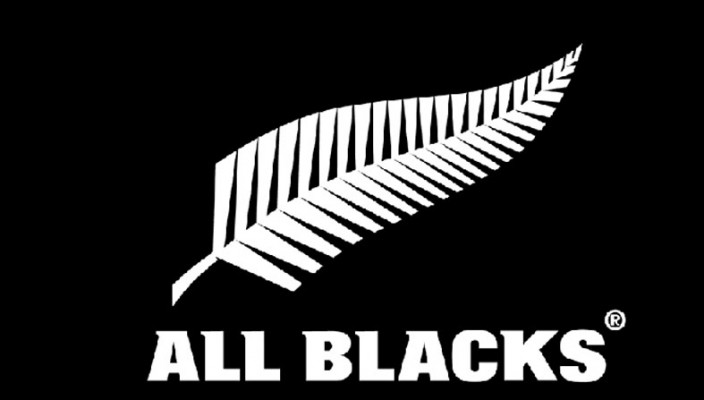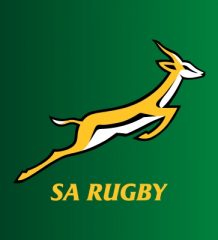Club player suspended for six years for trafficking steroids
A former Wellington club player has been banned from all rugby for six years for using and trafficking anabolic steroids while he was involved in rugby.
The New Zealand Rugby Union (NZRU) Judicial Committee imposed the lengthy ban on Andrew Leicester Burne, now residing in the Hawke’s Bay, after he admitted three violations of the Sports Anti-Doping Rules (SADR) for using, possessing and trafficking anabolic steroids.
Burne, who was 21 at the time of the violations in 2013, had been a member of Johnsonville Rugby Club’s Premier team and played for the Wellington Maori team in 2013.
Burne was the subject of a police drug investigation and search warrant in September 2013 when police found four bottles of Dianabol at his house, which Burne said were for his own use. The police summary of facts presented to the Wellington District Court said Burne was involved in the sale and distribution of prescription medications including steroids and related substances at a marked up price, offences contrary to the Medicines Act 1981.
Burne pleaded guilty and the District Court Judge discharged Burne without conviction.
Drug Free Sport New Zealand (DFSNZ) took the case to the NZRU Judicial Committee after they interviewed Burne late last year and he was provisionally suspended on 23 December, pending the Committee hearing.
DFSNZ submitted that while Burne’s trafficking did not involve large quantities, the trafficking involved a regular supply of prohibited substances to various individuals.
The Committee heard that Burne started using steroids to bulk himself up and to enhance his rugby performance but was “duped” into becoming involved in the distribution of steroids amongst a tight-knit group at the gym.
The six-year suspension took effect from 23 December 2015.
New Zealand Rugby (NZR) General Manager Rugby Neil Sorensen welcomed the decision as an emphatic statement that doping, and banned substances, have no place in rugby, at any level, or in any sport.
Rugby players, like athletes in other sports, are bound by the SADR, which implement the World Anti-Doping Code in New Zealand and DFSNZ’s powers extend to any level including club rugby.
“This ban sends a very clear message – banned substances, doping, illegal drugs, steroids – whatever label you want to give it – they’re not part of rugby or any sport in New Zealand.
“We’re gutted for the clubs, and the unions and all those club players who have been tarnished by this young man’s poor judgement. We know the vast, vast majority of players work hard to juggle work, training and life – to earn their time on the field, and they do it without cheating.”
“We work hard to ensure that the game is clean, at all levels and so tough responses to anti-doping violations are an important part of enforcing that message. This is a clear case in point – if you cheat, the consequences are severe and could ruin your rugby career as well as damaging your health.”
“We will not accept doping at any level within our sport, and we will work with DFSNZ to identify and prosecute anyone who violates these regulations.”
Drug education is a major priority for NZR which is expanding its programmes in partnership with DFSNZ in recent years.
“We think the game in this country is relatively clean compared to other countries, but we take nothing for granted and we’ll continue to improve the guidance we provide young players so we can create a great culture for rugby free of drugs,” Sorensen said.
Related Posts
« Highlanders v Crusaders Teamsheets #SuperRugby #AllOutRugby SA Rugby appoints Tsholo Kubheka as General Manager: Commercial »



















